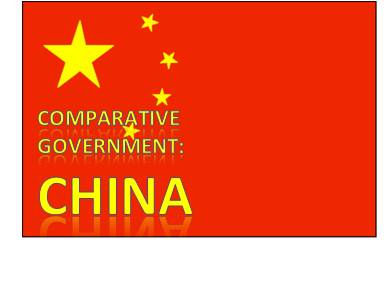
In a recent New York Times Article titled: China Leading Global Race to Make Clean Energy, author Keith Bradsher discussed the fact that China is now the leading producer of both wind turbines and solar panels. The country is quickly moving forward and pursuing many new types of energy as well.
Not only is China building its own industry, but it is also aiding that of foreign organizations. Many corporations are building new factories in China to take advantage of the recent increase in interest for clean energy. One such multinational corporation is Vestas of Denmark which can get away with only paying assembly line workers $4,100 a year in China.
This boost in production in China is not as great as it may appear, as most of China's energy still comes from, and will most likely continue to come from coal. China's continual increase in need for electricity is forcing the power companies to buy new equipment, unlike the US where companies can continue to use the equipment they already have. Because China is "the world's largest market for power equipment," the government and banks are both interested in making sure that this increase in clean energy continues. The government has even gone so far as to create a National Energy Commission, and the banks are giving interest rates of 2%.
To help finance the more expensive clean energy, "the Chinese government charges a renewable energy fee to all electricity users," which makes up the cost difference between renewable and coal power. However, the fees are low enough to prevent them from hurting competitiveness, but also don't pay for the extra costs associated with clean energy beyond the basic equipment.
This new surge in production, along with its limitations preventing easy use in China, is causing the companies to want to sell to the rest of the world. This effects both the economy, in China and in the world, and the environment. There is now a force that may reduce the clean energy production in the rest of the world, hurting the global economy by limiting a majority of the production to China. However the increase in Chinese production may also mean that the world will have access to more forms of clean energy, and many countries can potentially decrease their need of fossil fuels in the coming years.
This advancement within China is already increasing tension around the world such as in the US Congress
where there was a call "to halt federal spending on imported equipment," because of a deal with a Chinese
company to supply turbines for a wind farm in Texas.
Grade This Post.







No comments:
Post a Comment